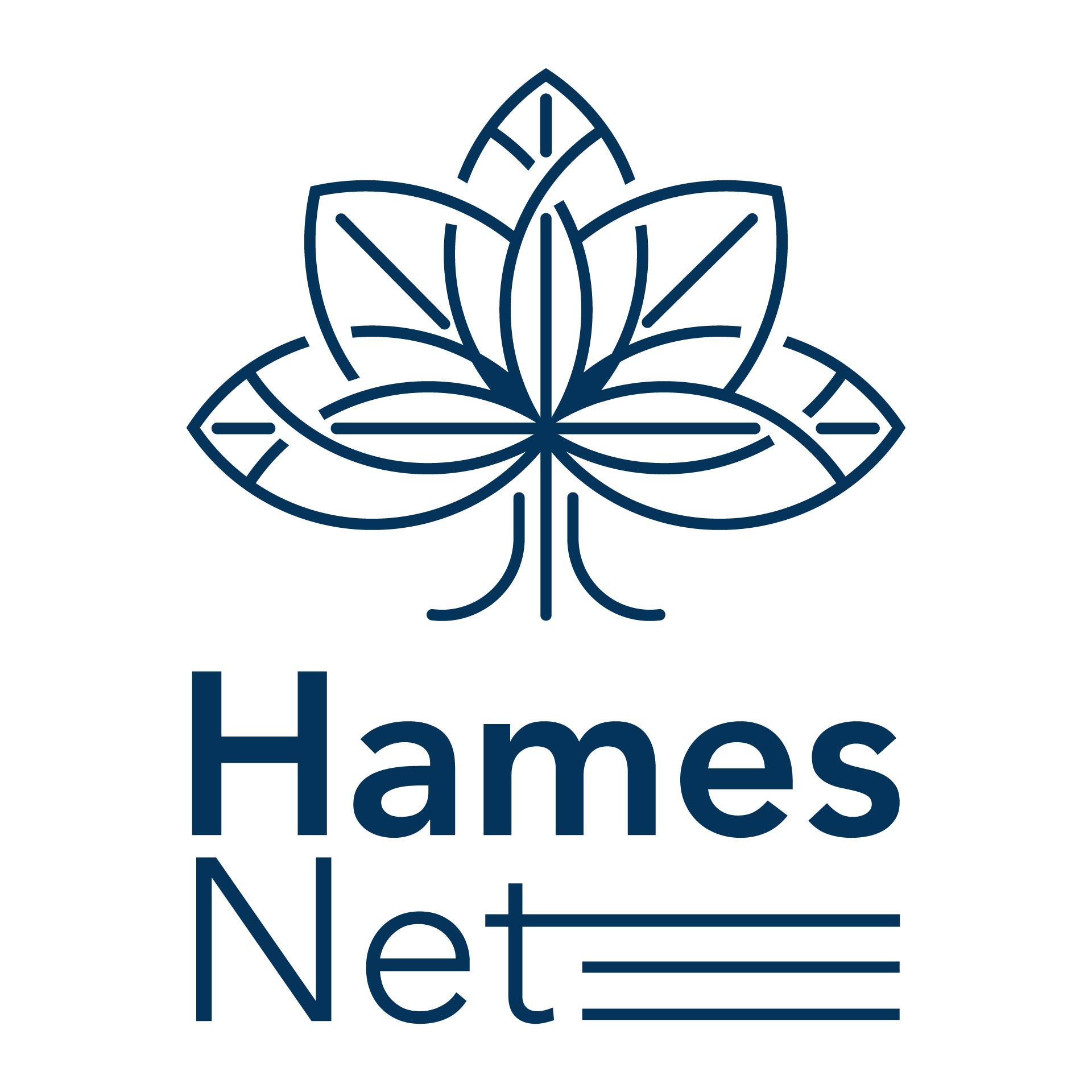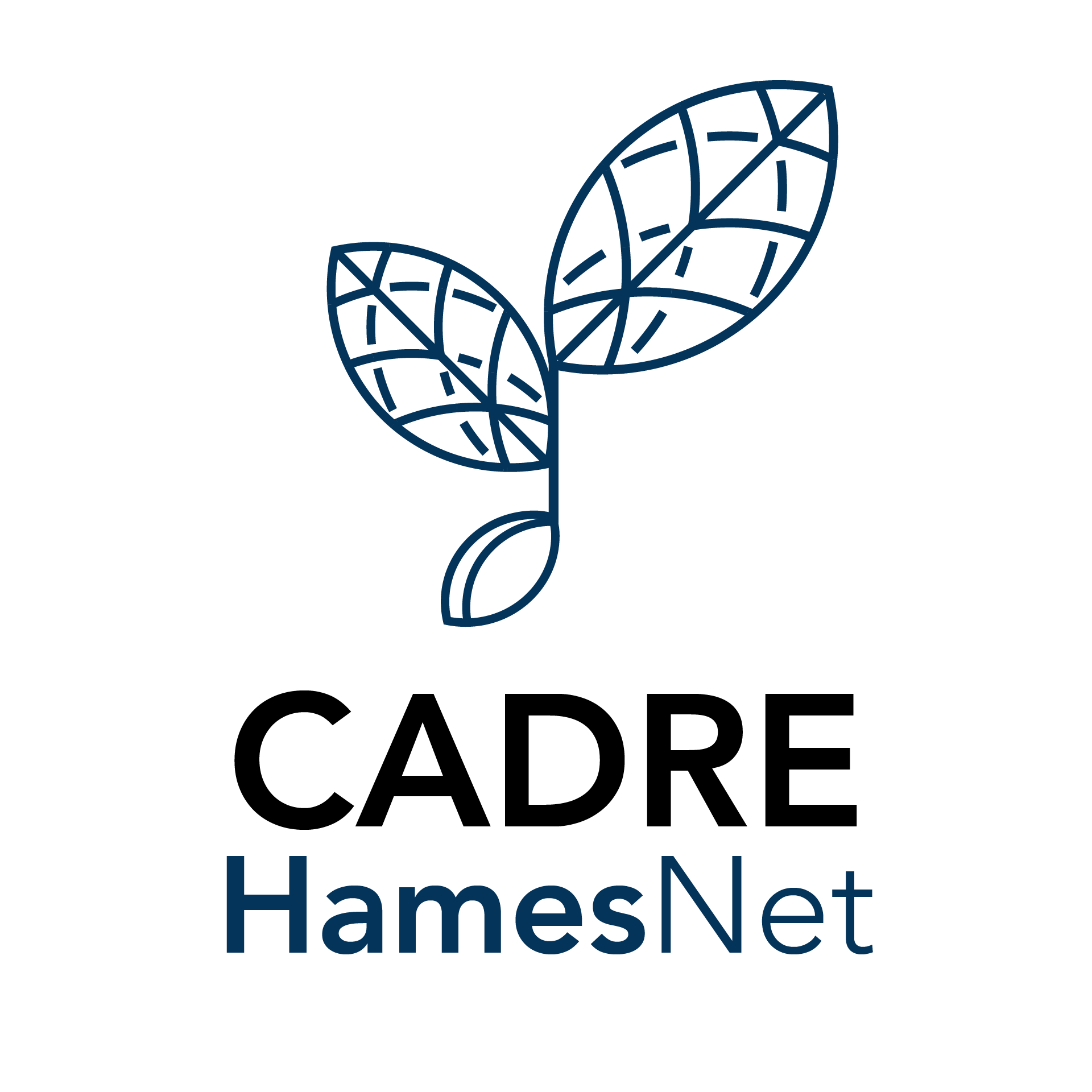HamesNet is a primary care research network based within the Department of Family and Community Medicine at the Medical College of Georgia.
In 2021, HamesNet reorganized into three component networks to recognize the value and role of three separate audiences – practicing clinicians, community members and patients, and learners and trainees. The Community Health and Research Translation Network (CHART) is a practice-based research network (PBRN) that currently connects family medicine clinical sites throughout Georgia. The Co-Researcher Activation Network (CRANE) is a community engagement network, currently funded through a Patient-Centered Outcomes Research Institute engagement capacity building award. The Clinician Academic Development and Research Education network (CADRE) focuses on teaching and mentoring learners and clinicians in primary care research.

The Community Health and Research Translation Network (CHART) connects family medicine clinical sites throughout Georgia. CHART has two functions. First, it facilitates research at the practice level, enabling practicing clinicians to ask and answer clinical and organizational questions about primary health care. This research enables scientists and clinicians to study questions in the context of clinical care, establishing the effectiveness of clinical interventions (in contrast to efficacy). PBRNs are essential to this type of research to demonstrate generalizability of effectiveness and implementation. Second, CHART translates new evidence into practice. As the network discovers answers to emerging questions, the CHART structure communicates implications for practice to its members. In this network, we collaborate with scientists across the Medical College of Georgia and across the United States.

The Co-Researcher Activation Network (CRANE) is a community engagement network, currently funded through a Patient-Centered Outcomes Research Institute engagement capacity building award. This network gathers community members as co-researchers throughout the research process. Through CRANE circles, we educate community members about the research process through active participation, while building sustaining relationships between the community and researchers. In the first year, we have focused on the Augusta community. We have plans to replicate this model in Burke County, Southeast Georgia, and Southwest Georgia.
This network was created to address a specific concern documented in community-based participatory research: when community engagement is limited to a single phase or included later in the research process, the researcher and the community can have disconnects about what the focus of the research is. CRANE has three primary functions. First, CRANE members are active voices for their communities, helping us understand what the health priorities of the community are and collaborating with us to build research studies that directly address those priorities. Second, CRANE members are trained community members who provide ongoing feedback on studies generated by academic partners. Third, CRANE members help us translate research findings to share with the community. With these three functions, the network fully engages community members throughout the research process, from inception to dissemination.

The Clinician Academic Development and Research Education network (CADRE) is an education network that focuses on teaching and mentoring learners and clinicians in primary care research. CADRE provides education and mentoring across the medical education pipeline, from college through medical school and residency to practice and academic faculty. CADRE introduces learners to a variety of research methods but connects all inquiry to primary care and the health of the community.
This network uses an innovative approach to introduce medical learners to primary care. Through research education, CADRE exposes learners to clinical medicine and clinical research in the first two years of medical school to reinforce their intent to graduate and expose them to an area of research previously unavailable to them, and provide a longitudinal experience that encourages the creative side of research. In the primary care setting, students learn about longitudinal research that investigates accessible, coordinated, whole person care across the life course within the community. Through supporting research with CHART, students can earn a sense of relevance that they are contributing to building knowledge and to patient care. CADRE also facilitates professional identity formation. By working in teams with clinical and academic researchers, students will see the work they can perform one day as a clinical researcher and hear stories of trials and successes.
CADRE includes students from Augusta University’s Center for Undergraduate Research Studies program, MCG medical students in the first-year career paths course, and MCG medical students in research electives in their clerkship years at the Augusta, Southeast, and Southwest campuses, and the family medicine and internal medicine residency programs at Hamilton Medical Center collocated with the MCG Northwest campus.

